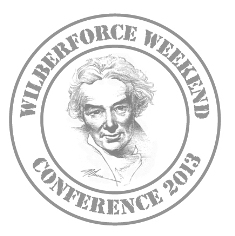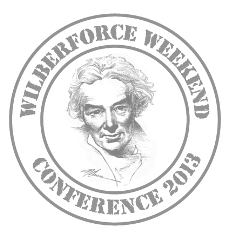A recent study found that churches where pastors know how much is donated and by whom were more likely to be doing well financially. However, only half of the 3,000 responding congregations (and only 39 percent of evangelical ones) told the Lake Institute on Faith and Giving that their pastors knew this information.
What experts said (starting with "yes" and moving to "no"):
"This notion of pastors not knowing how much people give is a recent development, born out of a materialistic, individualistic society. As a pastor, you're the doctor of the congregation. You've got to be looking at diagnostic information, and there's none better than financial giving." Jim Sheppard, CEO, Generis
"A pastor doing ministry should have access to financial data and use it in ways that are prescriptive, descriptive, and diagnostic. They're entrusted with other personal challenges: birth and death and the life experience in between. Money shouldn't be any different." Aimée Laramore, associate director, Lake Institute
"Our research found 83 percent of pastors think most church members don't want them to know how much individuals give, while 78 percent think the information can help assess a member's spiritual health. The metaethical question: Give to do what?" John and Sylvia Ronsvalle, empty tomb inc.
"Not necessarily, but there are things pastors should know. The pastor could be notified when someone starts giving, stops giving, or gives a large gift for a special purpose. When deciding on future leaders, it is also helpful to know if those being considered are faithful givers." Brian Kluth, founder, stateoftheplate.info
"Biblical principles support faithful giving in secret. Moses commanded a flat tax where all supported the temple equally; Jesus said to practice charity in secret. The real stewardship question is whether we want to simply and pragmatically raise funds or biblically create disciples." Gary Moore, founder, Financial Seminary
"No. The temptation to play favorites, to cater to the biggest givers' wishes, and to ignore the less-than-faithful givers is great. Not knowing what people actually give avoids these temptations. Other church leaders should be responsible for biblically encouraging more sacrificial giving." Michael Emerson, sociologist, Rice University





